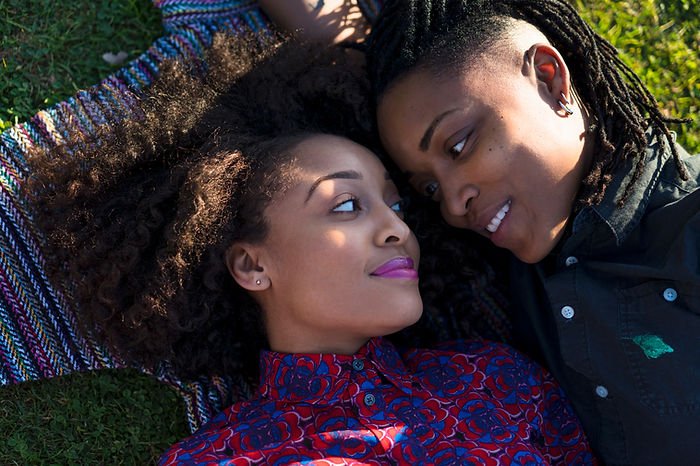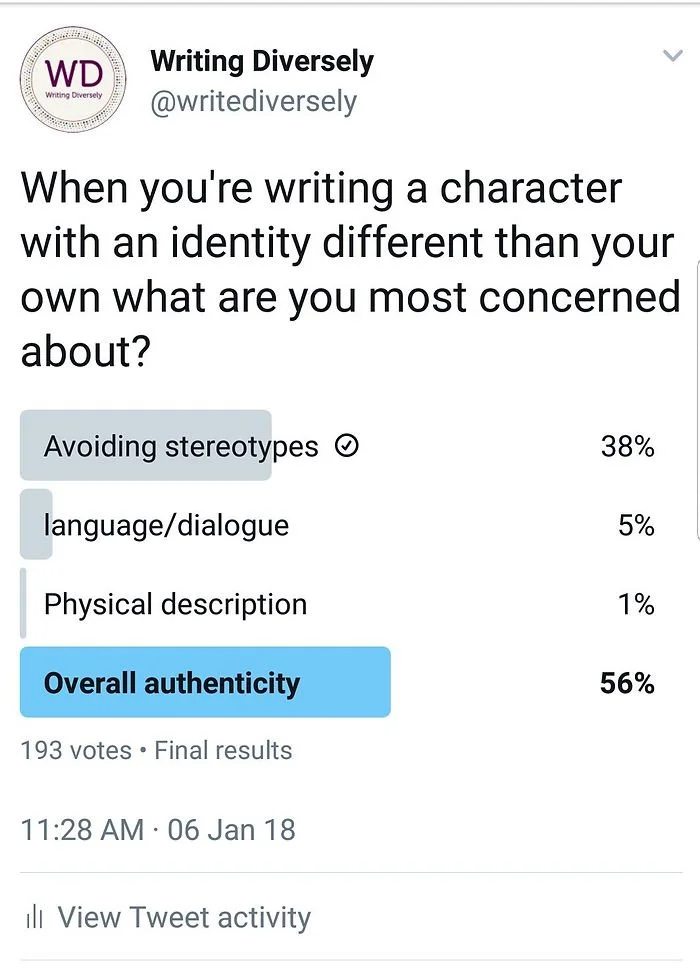Resource Library
Don't Forget Privilege
Recently I've sensitivity read manuscripts and I've been noticed characters with unacknowledged privilege and it needs to be addressed. Privilege extends far beyond the advantages of being a "straight white male." Class, able-bodiedness, religion, immigration status, sexual orientation, and so many more categories can be areas where people benefit from privilege.
Writing Atrocities: Slavery
People have done (and are doing) horrific things to one another. As writers, we put these things in our stories because they are real and filled with complex conflict. Those things get inserted into our stories, however, because they are real atrocities we need to be more scrutinizing and deliberate with how they are handled, in this post I want to talk about the use of enslaved characters.
Does your manuscript pass this diversity test?
This test can help you self-check and determine if the characters with marginalized identities have utility and meaning in the plot and aren't just Quota Characters. Administering this test and fixing the oversights to your own work can help you give your characters real meaning outside of their race, gender, disability..etc.
Avoiding the Quota Character: Choosing Quality Over Quantity
Just having characters with marginalized identities isn't enough. It doesn't matter how many diverse characters are in your story if they are written as afterthoughts you have a greater chance of offending your readers by carelessness.
Accents & Dialects: How to Write Characters of Color Without Using Stereotypes Part 2
Authentic character voice can really propel your story from good to great but things can get complicated if your character has an accent or would speak in dialect, especially if you're writing something outside of what you're familiar with. You want your character's voice to be realistic but you don't want to offend anyone by getting it wrong either. So how do you write accents and dialect that won't make your readers cringe?
Tips on Writing Authentic Characters
I conducted a poll on twitter (follow me!) to try to understand what authors are the most concerned about when they're writing characters outside of their own identities. More than half of the voters said "overall authenticity" concerned them the most so I want to address what authenticity is and what steps you can take to make sure your characters are authentic to your readers.
How to Avoid the Well-Meaning Microaggression
You have a character of color, a homosexual, and/or a gender fluid character in your story, is that enough? Well, no, and I suspect you know that or you wouldn't be on this blog. Since you've taken the step to be more inclusive in your writing, you've probably tried your best to avoid anything overtly offensive but it's important to think about microaggressions in your writing, as well.
Honest and Diverse Queer Character Writing
Note from Renee: This is a guest blog by my very good friend, social worker, and queer activist Nathaniel Gray. I invited him to write a post because it is important for Writing Diversely to be inclusive of all types of diversity, I am not LGBTQ+, and I believe giving fellow marginalized people voice. He was and still is my level headed, open-hearted, and empathetic teacher and advisor about LGBTQ+ matters. I hope you enjoy!
The White Savior Complex
The "White Man's Burden" referred to now as the White Savior Complex is when a white person swoops in to save the day of a non-white person in a way that seems altruistic but is based on the belief that only a white person could have helped.
Tips on Writing a Bigot
Writing a bigoted character needs to be done with special consideration for your marginalized readers. Here are some things to think about as you're planning and writing a bigot.
Avoiding a Trope: The Magical Negro & Friends
"The Magical Negro," a phrase made famous by Spike Lee and "The Noble Savage" are essentially side-kick characters included in a story to create the allusion of diversity, a token. There are some serious problems with this trope.
How to Write Characters of Color Without Using Stereotypes
Creating characters that belong to a different racial group than you are can be down-right difficult. In response to that apprehension I often see authors avoid it, they take the easy way out and you don't describe them at all, but is that what's best?
Coming Soon
Diverse Writing Prompt Group
This group is designed for any fiction writer looking to practice writing diversely without stereotypes or tokenism. You don’t have to be a particular identity or write a specific genre in order to join this group.
The prompts are designed to spark creativity and help members practice writing outside their identities with guidance and support from a sensitivity reader. Work is not to be critiqued.
The group meets virtually for 75 minutes, once a week for five weeks. At each meeting members will typically have two twenty minute rounds to write. Each round is followed by an optional opportunity to share.
Cost: $35













